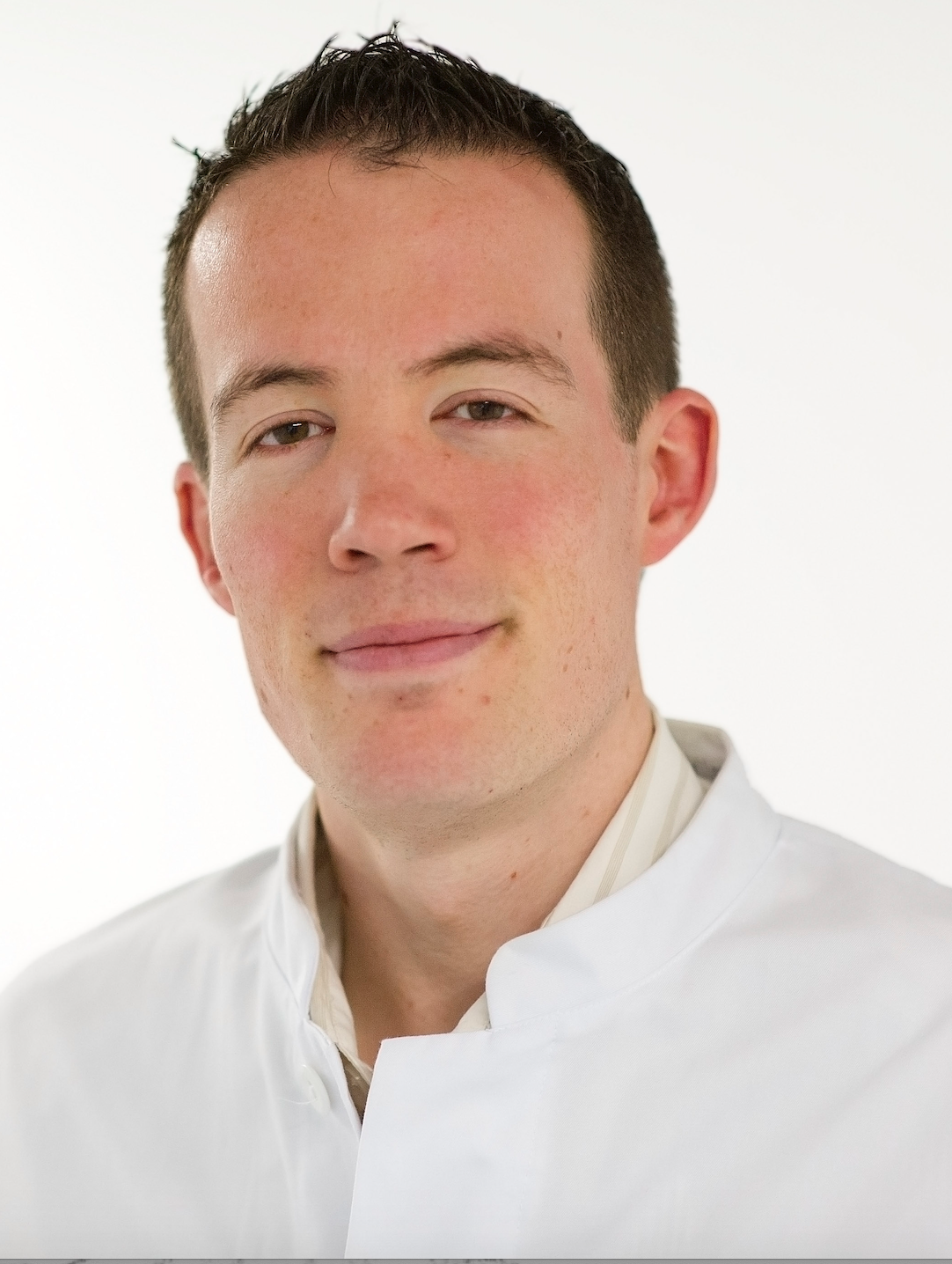Here you can find detailed profiles of DKTK faculty members with programm specification and research focus in the Researcher Database. Find contacts of all DKTK scientists at the DKTK intranet
Researcher Database

Prof. Dr. med. Sebastian Kobold
Medizinische Klinik und Poliklinik IV LMU Klinikum
Lindwurmstraße 2a
80336 München
Program
Cancer Immunotherapy (CI)
Summary
The Kobold laboratory is focussed on the development of cancer immunotherapies. A major interest being on cellular therapeutics, mainly T cells by means of engineering. We are working on tackling major obstacles to the effectiveness ofcell therapies mainly in solid tumors. These are access of cells to cancer tissue, target recognition and immune suppression. We have active programs on molecules that can be either introduced in or edited out of cells to achieve these goals. Our laboratory is fully equipped to design and conduct in depth analysis of cellular therapeutics up to in vivo models and patient-derived models. Our research is funded through major national and international funding organisations such as the DFG, BMBF, ERC or EU. We have active collaborations with major academic centers on the topic. Together with our partners we aim at bringing our concepts to clinical application.